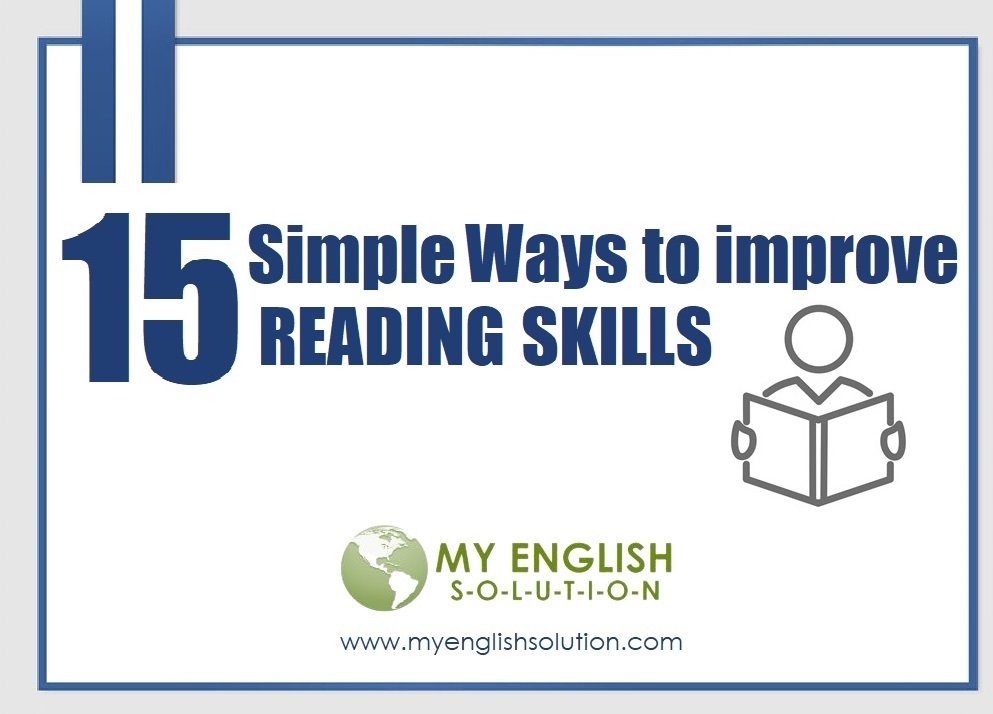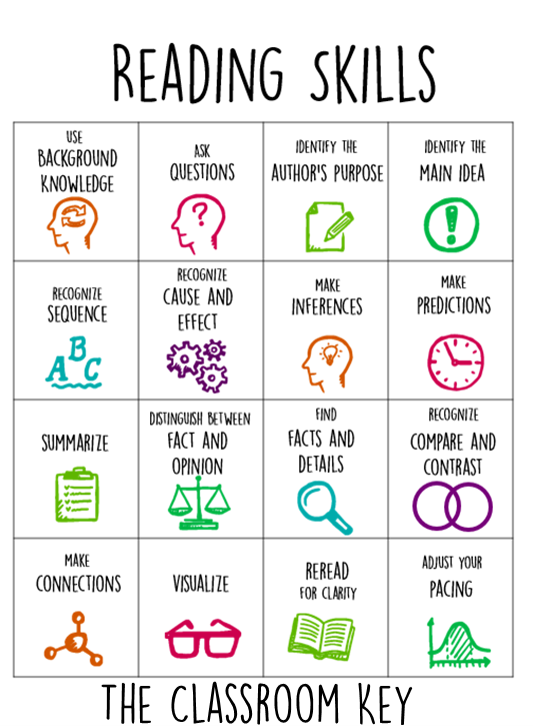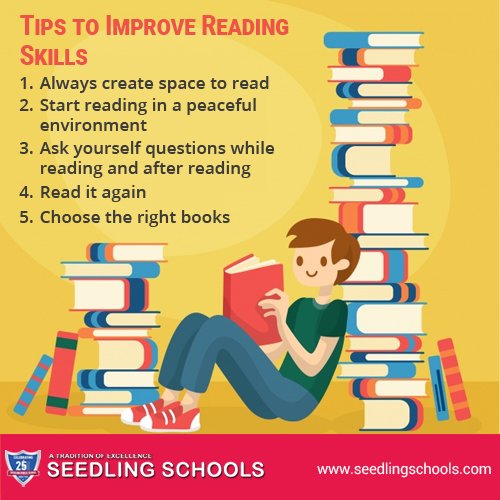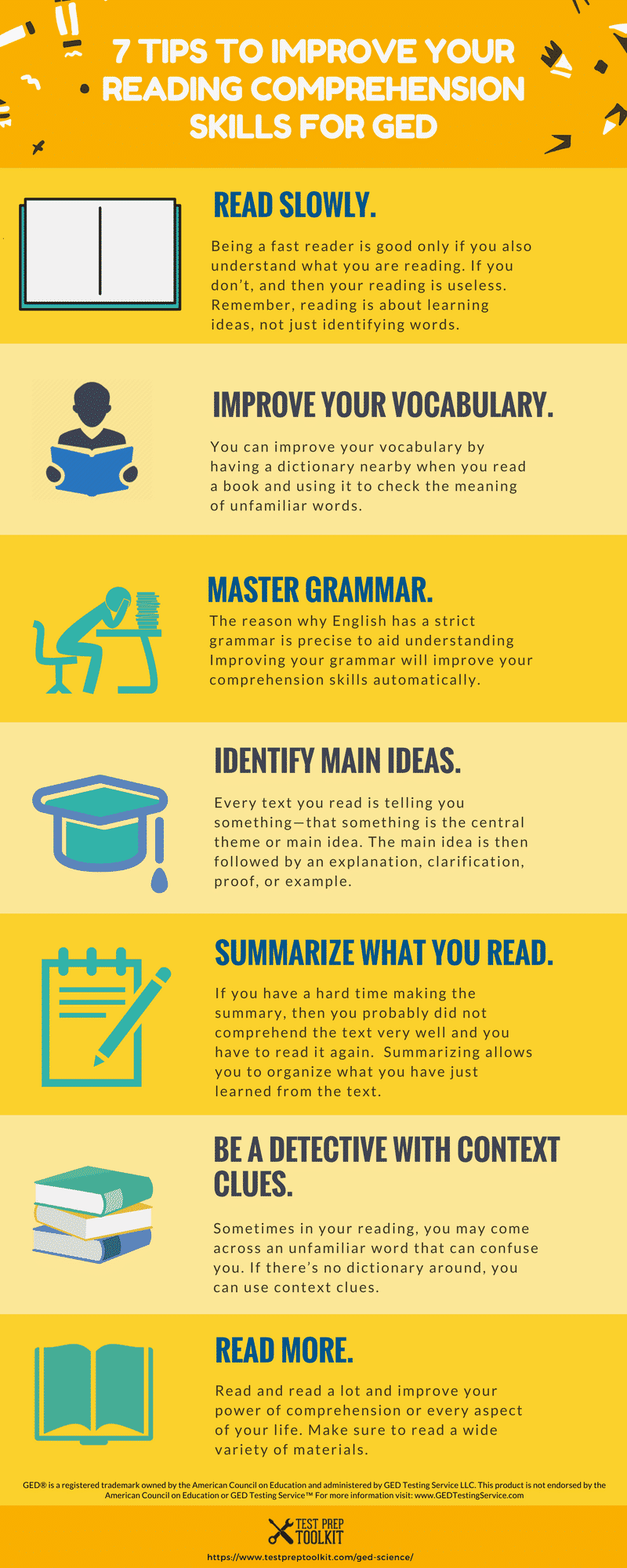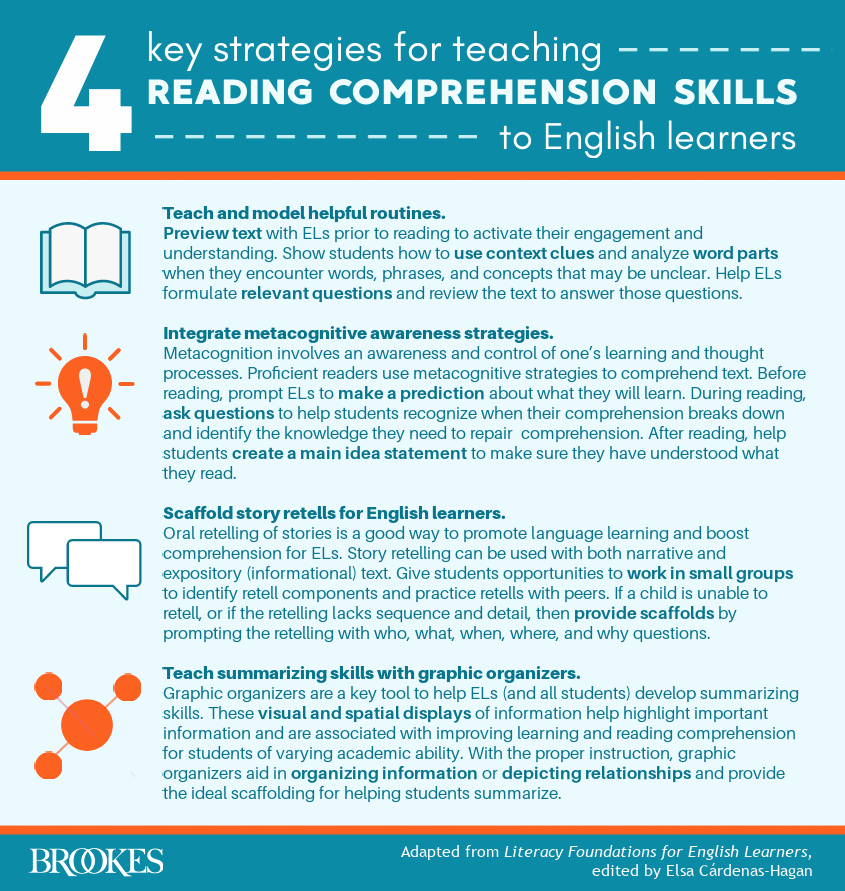Ways To Improve Your Reading Skills
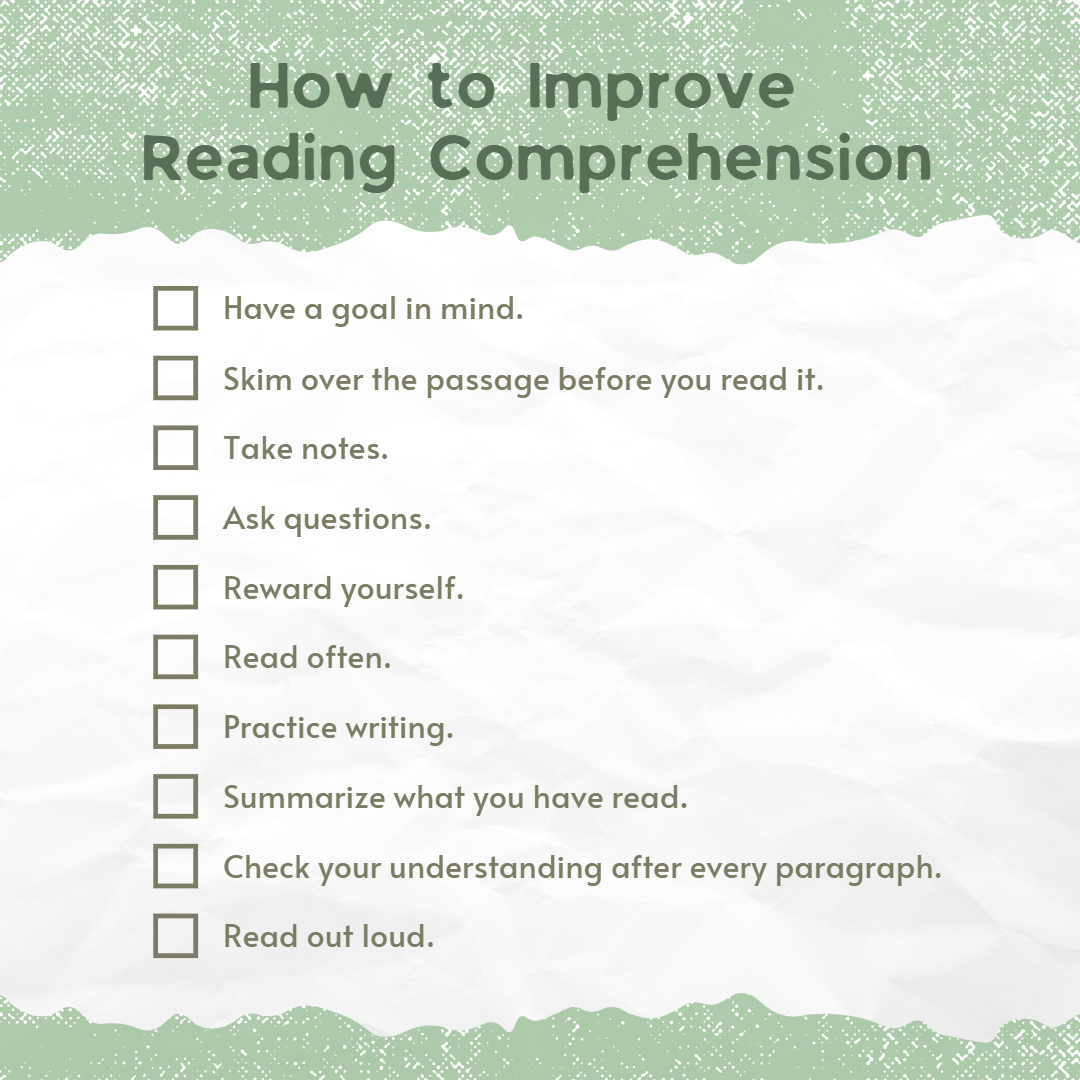
In today's fast-paced world, efficient and effective reading skills are more crucial than ever. From academic success to professional advancement and personal enrichment, the ability to quickly comprehend and retain information is a significant advantage.
This article explores evidence-based strategies and techniques individuals can implement to improve their reading comprehension, speed, and overall reading experience. Mastering these skills can unlock a world of knowledge and opportunity, enhancing cognitive abilities and fostering a lifelong love of learning.
Understanding the Building Blocks of Reading
Effective reading isn't just about decoding words; it's about actively engaging with the text and understanding its meaning. Vocabulary is a foundational element, as a wider vocabulary allows for quicker comprehension and reduces the need to constantly consult a dictionary.
Furthermore, phonemic awareness, the ability to recognize and manipulate the individual sounds in words, is crucial for decoding unfamiliar words and improving fluency. Understanding syntax, the arrangement of words and phrases to create well-formed sentences, also plays a key role.
Techniques to Enhance Reading Speed and Comprehension
Several techniques can be employed to boost reading speed without sacrificing comprehension. Speed reading focuses on minimizing fixations, the pauses the eyes make on each word, and reducing subvocalization, the silent mouthing or internal speaking of words.
Practicing meta guiding, using a finger or pointer to guide your eyes across the page, can help maintain a consistent pace and improve focus. Additionally, techniques like chunking, grouping words together into meaningful phrases, can help readers process information more efficiently.
Active Reading Strategies
Active reading involves actively engaging with the text to improve comprehension and retention. Annotation, highlighting key passages, underlining important concepts, and writing notes in the margins, is a powerful active reading technique.
Summarization, regularly pausing to summarize what you've read in your own words, helps reinforce understanding and identify areas that need further clarification. Asking questions about the text before, during, and after reading can also promote deeper engagement and critical thinking.
The Importance of Practice and Variety
Like any skill, improving reading abilities requires consistent practice. Dedicate time each day to reading, even if it's just for a few minutes. According to a study published in the Journal of Educational Psychology, consistent reading significantly improves reading comprehension and vocabulary acquisition.
Reading a variety of materials, from fiction to non-fiction, newspapers to academic journals, exposes you to different writing styles and vocabulary, further enhancing your reading skills. Explore different genres to broaden your understanding and discover new interests.
Leveraging Technology and Resources
Numerous online resources and tools can aid in improving reading skills. Vocabulary-building apps and websites can help expand your vocabulary through interactive exercises and games.
E-readers often feature built-in dictionaries and adjustable font sizes, making reading more accessible and convenient. Furthermore, audiobooks can be a valuable tool for improving listening comprehension and vocabulary, particularly for individuals with learning disabilities or visual impairments.
"Reading is essential for those who seek to rise above the ordinary." - Jim Rohn
Improving reading skills is a continuous journey, not a destination. By incorporating these strategies into your daily routine, you can unlock your full reading potential, expand your knowledge, and enhance your overall quality of life.
Remember, the key is to be patient, persistent, and to find reading materials that you genuinely enjoy. The rewards of becoming a proficient reader are immeasurable.





